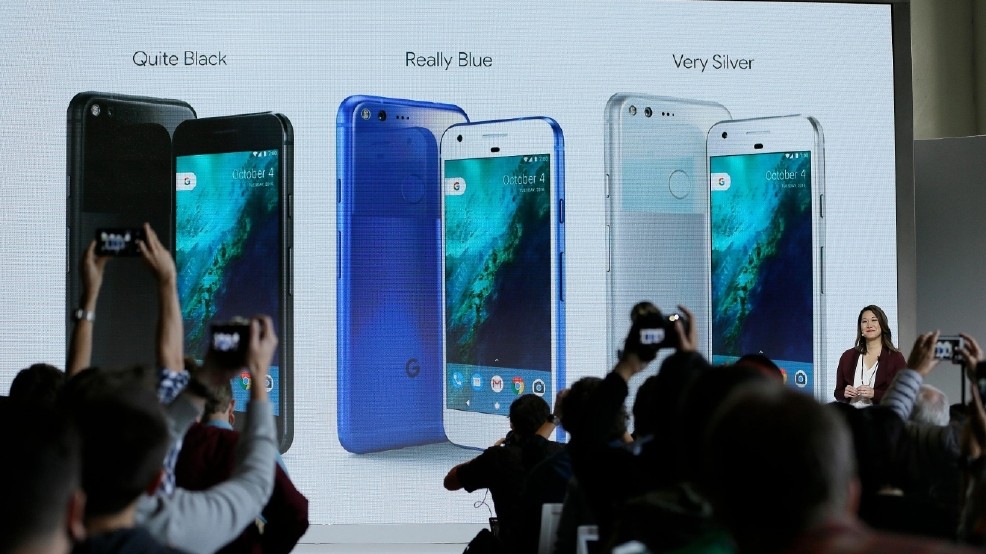
As the season of new smartphone releases unfolds, tech giants are eager to entice consumers with their latest offerings. This year, we’ve seen Google introduce the Pixel 9, Apple reveal the iPhone 16, and Samsung showcase its foldable phones, the Z Flip6 and Z Fold6. Huawei has even entered the fray with its innovative Mate XT, featuring a screen that folds into thirds.
In a climate where global smartphone sales are on the decline, the marketing strategies are becoming increasingly extravagant. Apple’s CEO, Tim Cook, claims that the iPhone 16 will “redefine what a smartphone can do,” while Google’s Brian Rakowski extols the “gorgeous” design of the Pixel 9, which some may argue looks remarkably similar to previous models. Meanwhile, Huawei is promoting a consumer brand anthem that celebrates the pursuit of dreams—yet, at its core, we’re still talking about mobile phones.
One of the most prominent trends in this year’s releases is the integration of artificial intelligence. Google’s new Magic Editor can manipulate images and edit out unwanted elements, while Apple has incorporated OpenAI’s technology into Siri, which many users feel has needed an upgrade for some time. However, the question remains: do consumers actually want these features?
Ben Wood, a mobile technology expert from CCS Insight, suggests that while AI aims to enhance digital experiences, it doesn’t top everyone’s priority list. He notes that most consumers have a clear idea of what they want from their phones, with camera quality being a significant factor. Despite improvements in camera specifications, sales have not soared as manufacturers hoped.

Interestingly, consumers are holding onto their smartphones longer than ever. In 2013, approximately 30 million phones were sold annually in the UK; this year, that figure is projected to be around 13.5 million. The ongoing cost of living crisis plays a role in this trend, as does the environmental impact of smartphone production, which relies on rare elements and precious metals.
Moreover, there is a noticeable shift among younger demographics and parents toward reducing smartphone usage. Some schools in the UK are reassessing their smartphone policies, with some opting for outright bans. For instance, students entering the prestigious Eton College have been given feature phones instead of smartphones. Educational institutions across both private and state sectors are considering similar measures, and mobile provider EE suggests that children under 11 should not have smartphones at all.
he campaign for a smartphone-free childhood, led by figures like Nova East, advocates for collaboration between parents and schools to delay the age at which children receive smartphones. East emphasizes, “We are not anti-tech; we are just pro-childhood,” suggesting a desire for tech companies to develop child-friendly devices with only essential features like calls, messaging, and maps.
Dr. Sasha Luccioni, an AI researcher, highlights the growing discourse around “digital sobriety.” She argues that, despite this conversation, smartphone manufacturers appear to be moving in the opposite direction, prioritizing feature overload over simplicity and well-being.
Responses from major companies like Apple, Google, and Samsung indicate an acknowledgment of these concerns. Samsung, for example, emphasizes that users can tailor their experience with digital well-being features that allow them to limit app usage.

However, there are companies responding more directly to the call for reduced functionality. HMD Global, known for producing Nokia phones, recently launched a Barbie-themed feature phone that focuses on basic functions—no apps, no selfie camera, just the essentials. This move signals a potential market for simpler devices, even if they don’t pose a threat to the dominance of high-end smartphones like the iPhone.
As I reflect on my own smartphone usage—averaging five hours a day—it serves multiple purposes: work, banking, shopping, navigation, and communication. While it’s easy to focus on the negatives of smartphone reliance, it’s essential to recognize their convenience and benefits.
Pete Etchells, a professor of psychology, reminds us that smartphones can enhance our lives. “These are technologies of convenience. They help us,” he asserts, encouraging a more balanced view of their impact. As we navigate the rapidly evolving smartphone landscape, it’s worth considering whether the latest features truly align with our needs or if we’re simply being swept up in the excitement of new releases.








